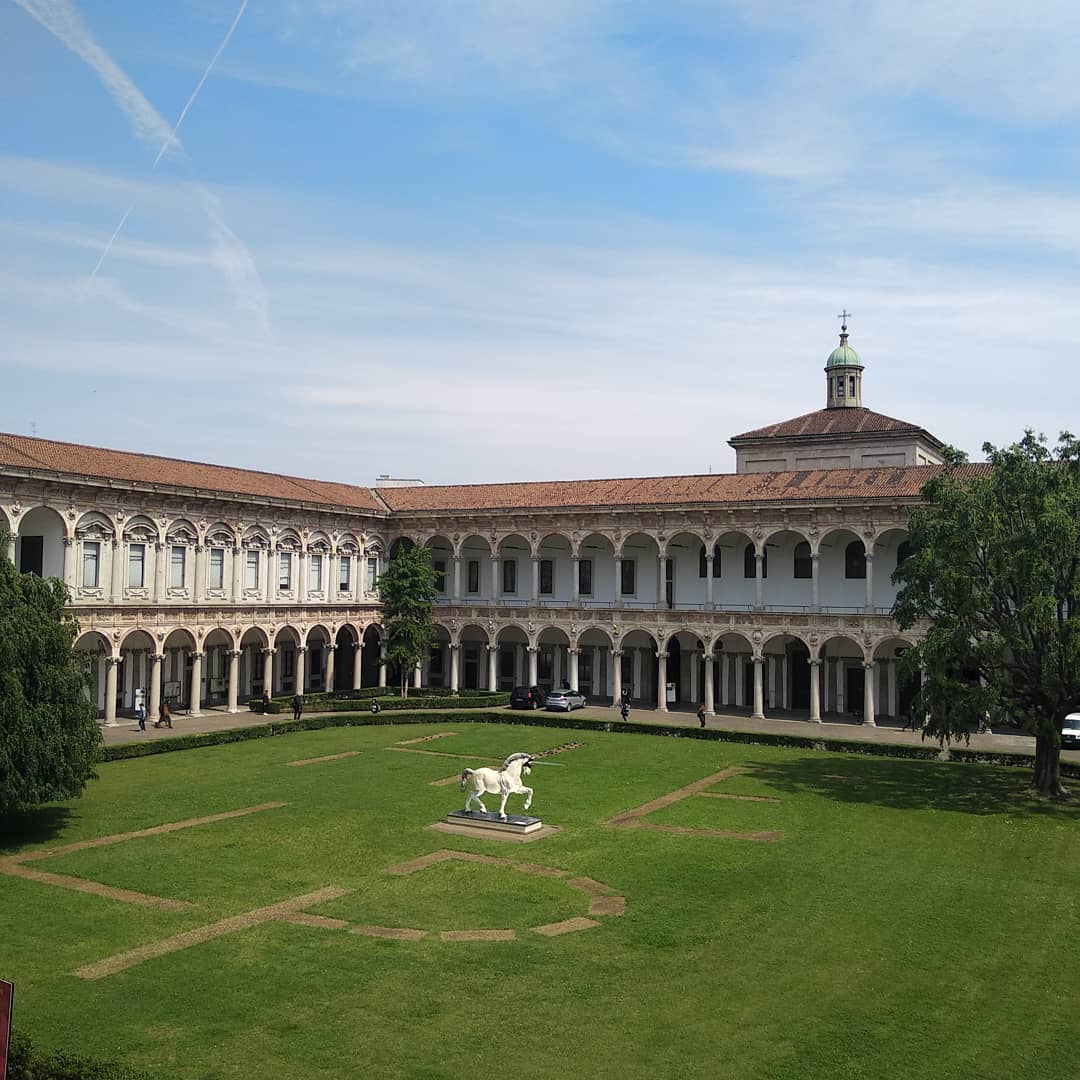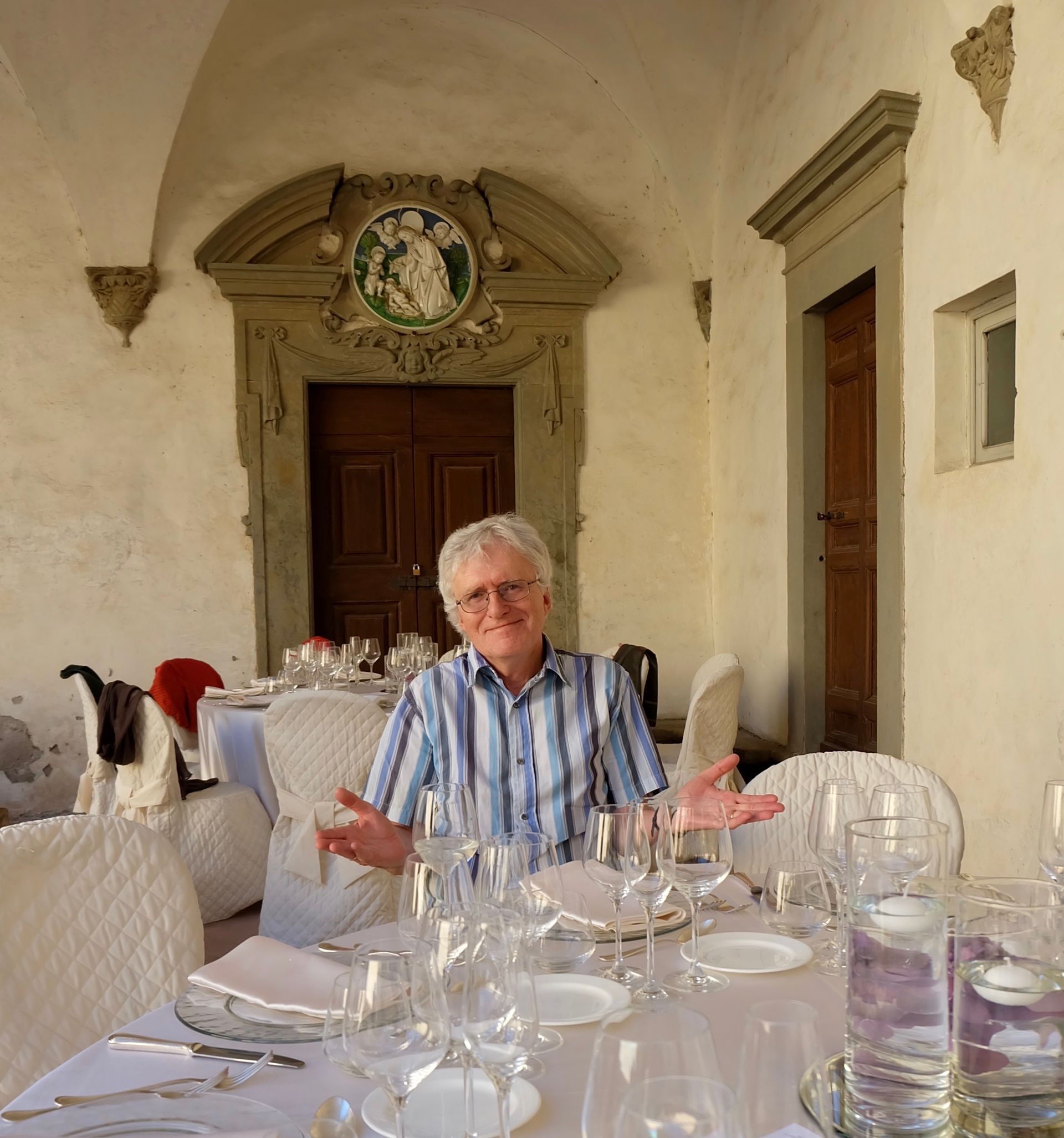Italian Universities: The Unrecognised Problem
Marino Regini writes ...

La Statale (University of Milan). Photo Danilo Gioia.
As Martin Trow already noticed some forty years ago, universities in the developed world are going through different stages: from “élite institutions” to “mass universities” that allow for “generalized access” to higher education (HE). In most European countries, the main response by governments to this process has been to differentiate their HE systems. A first wave of differentiation occurred in the 1960s-1970s, as a response to the need to accommodate a mass of students with different backgrounds and ambitions: the Polytechnics in the UK and the Instituts universitaires de technologie in France served this purpose. Several Continental-European countries went as far as setting in place a formally “binary” HE system: this was the reason to create “Universities of Applied Sciences” first in Germany and The Netherlands, then in Austria, Switzerland, Belgium. A second wave took place in the late 1990s, when the competitive allocation of research funds as a result of the RAE in the UK or of the Exzellenzinitiative in Germany (soon followed by France) served the same purpose.
In Italy, on the other hand, the various governments’ response to the growing demand for tertiary education has not been differentiation, but chaotic expansion of the old élite university, required to perform new functions. Actually, as elsewhere in Europe, in the 1960s there was an attempt by the “Commissione Ermini” and the “Gui bill” to introduce a distinction between universities, entitled to issue degrees from diploma up to dottorato , and newly-established istituti aggregati , with only first-level degree-awarding powers. But this attempt failed for both ideological reasons and the opposition of non-tenured university professors who feared a career within lower status HE institutions.
So Italy has today the only formally “unitary” HE system in Europe, and the myth of a homogeneous system is still alive. Of course the quality of teaching and research activities differs widely among the almost 90 Italian universities, but they cannot openly compete for staff and students, and the degrees they issue legally have the same value. The lack of a differentiated and competitive system is the key factor that accounts for several of the most cited shortcomings of Italian universities, from clientelistic recruitment to the mismatch between curricula and labour market demands. It is also one of the most important, though largely overlooked, reasons for the rather poor performance of Italian universities in the international rankings, that no governmental reforms so far have even tried to address.
One reason for governments’ disregard of this problem is that differentiation in Italy is a politically sensitive issue because it tends to coincide with the traditionally strong territorial divide. If we take the position in these international rankings as an indicator, however poor and methodologically biased, of universities’ reputation and performance, this divide shows up vividly: out of the 14 Italian universities that are present in at least 3 of the 4 major rankings, only 1 is in the South, although Southern universities account for 31.8% of all HE institutions in Italy.
Another reason is that the prevailing ideology in both left-wing and right-wing parties tends to emphasise “good average quality” of HE institutions over “excellence” of just a few of them. Consider the position of European universities in the Taiwan ranking 2011 (less known than the others but more appropriate here because it is based solely on research performance):
- only one Italian university is among the top 100 as against two French and eight British universities
- however, 34.1% of all Italian universities are among the top 500 universities in the world, as against only 26.5% of all French and 27.3% of all British universities.
This means that in Italy good scientific performance is not concentrated in a few excellent institutions (top 100), but relatively diffuse in about 1/3 of them (in the top 500).
Is a HE system that features good universities on average but no internationally excellent ones fit for a country that aims to remain among the most technologically advanced ones? It would be good if policy-makers started at least asking this question, not to say providing a satisfactory answer.








